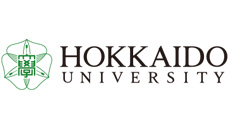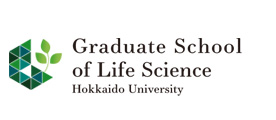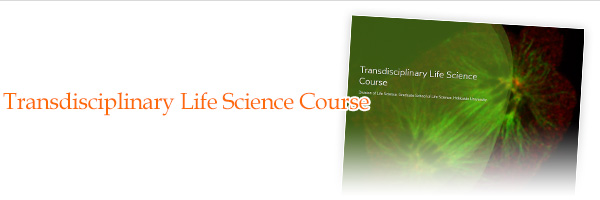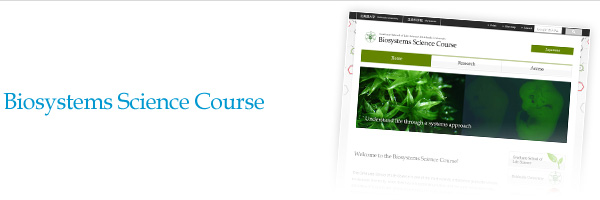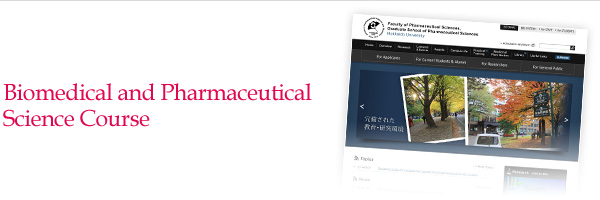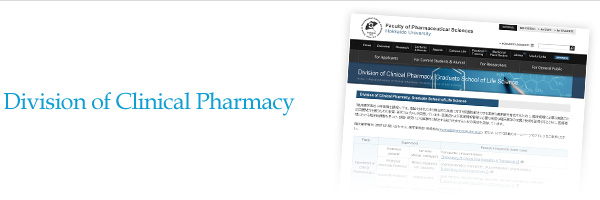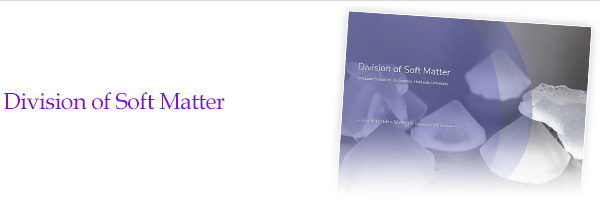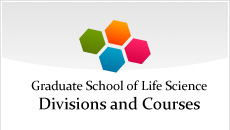Faculty
Based on the solid backgrounds of physics, chemistry and biology, this course provides higher research skills pursuing an essence of life with fresh insights and broad, deep knowledge as well as application skills for life science to play an active role in various fields in the society. Thus, we assume that the entrants finished basic natural sciences such as biology, chemistry, physics or mathematics at undergraduate level. [Website]
Living organisms are dynamic systems in which a variety of cells and cellular molecules form a complicated network. In this course, graduate students learn how diversity of living organisms is produced, based on our knowledge on structure and function of individual cells and their constituents. In particular, we will focus on the mechanisms for maintaining the homeostasis of basic cellular functions and organisms, as well as on the principles for the continuity and diversity of life. We will also promote morphological studies of cells and organisms, including analysis of dynamic behavior of individual molecules in a spatio-temporal manner. Graduate students will learn updated methodology and principles of microscopes, including electron and confocal laser microscopy aiming at "The high resolution multi-dimensional bio-imaging system" [Website]
“Innovative Genomics for Medicinal Science” is a new strategy for drug discovery in the 21st century. In this course, a new program will be established based on the science and technology of innovative drug design, structural biology and genomic drug discovery for training of Ph.D. as well as Master Course students. In this program, students will be able to effectively contribute in modern life science and medicine. The program includes the relationship between disruption of genetic network and diseases, structural analysis of protein and structure-function relationship at molecular level. In addition, it also includes the identification of new target molecules, the molecular design and synthesis of drugs that act at these targets, the molecular mechanism of immune system, and tailor-made nano medicine. [Website]
The Division of Clinical Pharmacy offers a four-year doctoral degree program. This division provides the education aiming to foster human resources who have capabilities to conduct both basic and applied researches in the field of science which has a closer relation to medical science among the field of pharmaceutical sciences, and to play an active role in this field. [Website]
Life Science is an important interdisciplinary field spanning biological, health, and materials science to advance the quality of life of human beings. Soft Matter is an important research field not only for life sciences but also broader areas including electronic, robotic, and environmental industries. To meet the demand of this up-and-coming field, Hokkaido University, a current leader in Soft Matter research, will establish a Division of Soft Matter (Master/Doctor courses) in the Graduate School of Life Science, starting from April 2018. The division provides a curriculum specialized in Soft Matter Science, and aims to develop scientists and engineers as global leaders of soft matter research and its application. [Website]
